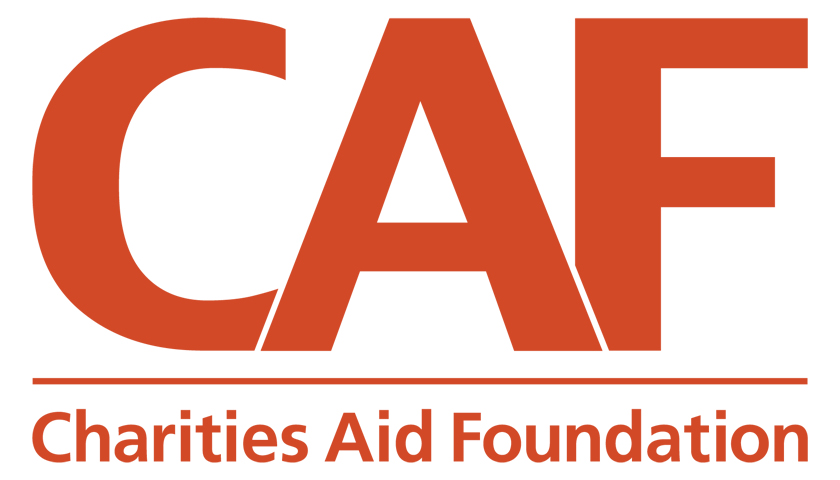The UK has dropped out of the ranking of the world’s most generous countries for the first time as the effects of lockdowns on charity fundraising took hold.
The Charities Aid Foundation’s World Giving Index is a global survey which has interviewed more than 1.6 million people since 2009 and asks each of them three questions: have they helped a stranger, given money or volunteered for a good cause over the past month? For this edition, data has been included for 114 countries, representing over 90% of the global adult population. The rankings produced are not based on the amounts given or the number of volunteer hours spent.
The UK has been a stalwart of the top 10 list since it began in 2009, but 2020 saw it tumble from 7th place to 22nd place. However, the country did maintain its top 10 ranking when it came to donating money to charity (7th overall), but the number of people reporting that they had done so saw its biggest year-on-year drop, signalling that lockdowns affected all three gauges of generosity – the ability to volunteer, to help a stranger and to donate money.
The number of people who reported donating money fell from 67% in 2019 to 59% in 2020; those who said they had helped a stranger dropped from 60% to 43% and the number who said they had volunteered fell from 34% in 2019 to 22% in 2020.
The survey found that the world’s most generous country is Indonesia, which also topped the list in 2018. It is followed by Kenya and Nigeria.
This year’s survey highlights the impact of lockdowns on charitable giving in several major economies, which have all seen sharp falls in the rankings, including America, Canada, Ireland, and the Netherlands. Only Australia and New Zealand, where the survey was undertaken in the weeks before the first wave of the pandemic took hold, maintained their top 10 rankings.
Other key findings:
- Several countries have moved up the rankings and make their first appearance in the top 10, including Nigeria, Ghana, Uganda and Kosovo – but whilst their overall giving scores have increased somewhat, their rise up the Index is driven by the relative decline of other countries.
- Communities around the world mobilised to help fellow citizens as the pandemic took hold, resulting in the highest overall ‘helped a stranger’ figures since the index was first launched in 2009. More than half (55%) of the world’s adults – or 3 billion people – reported helping someone they didn’t know in 2020.
- Similarly, more people globally donated money in 2020 than had done so in the last five years (31%). Levels of volunteering in 2020 are broadly unchanged at the global level.
Neil Heslop, Chief Executive of the Charities Aid Foundation, said:
“This year’s World Giving Index makes for sombre reading as it lays bare the lost potential to support charities that was the result of the UK’s lockdowns.
“We know that lockdowns saved lives and protected the NHS, but for the thousands of charities that rely on fundraising events, on spontaneous cash donations and on an army of volunteers, the shuttering of the economy has left a black hole in their finances estimated at more than £10 billion.
“It is time now, as we begin to recover, to put that right and we will do our part to help get vital funds to charities so that they are able to not just survive, but thrive once again.”
Daniel Fluskey, Head of Policy and External Affairs at the Chartered Institute of Fundraising, said:
“These figures remind us once again of just how important fundraising is to charitable giving in the UK. While throughout the pandemic we have seen many individual examples of the UK public’s willingness to give and help one another, so much of the traditional fundraising that inspires charitable giving has been on hold this year meaning that people have not had the same opportunity to donate.
“As we emerge from lockdown it is really important that we support charitable fundraising so that those organisations can rebuild to deliver the work they do that benefit so many causes at home and abroad.”
Methodology
The CAF World Giving Index is based on data from Gallup’s World View World Poll, which is an ongoing research project. For this edition, data has been included for 114 countries, representing over 90% of the global adult population. The survey asks questions on many different aspects of life today including giving behaviour.
In March 2020, Gallup paused data collection worldwide as it assessed risk in the face of the emerging pandemic. In May 2020, Gallup initiated contingency data collection plans, replacing face to face interviews (the usual data collection method in Central and Eastern Europe, Latin America, former Soviet states, developing Asia, the Middle East and Africa) with telephone based interview. This change is not considered to have had a material impact on the findings detailed in this report.
